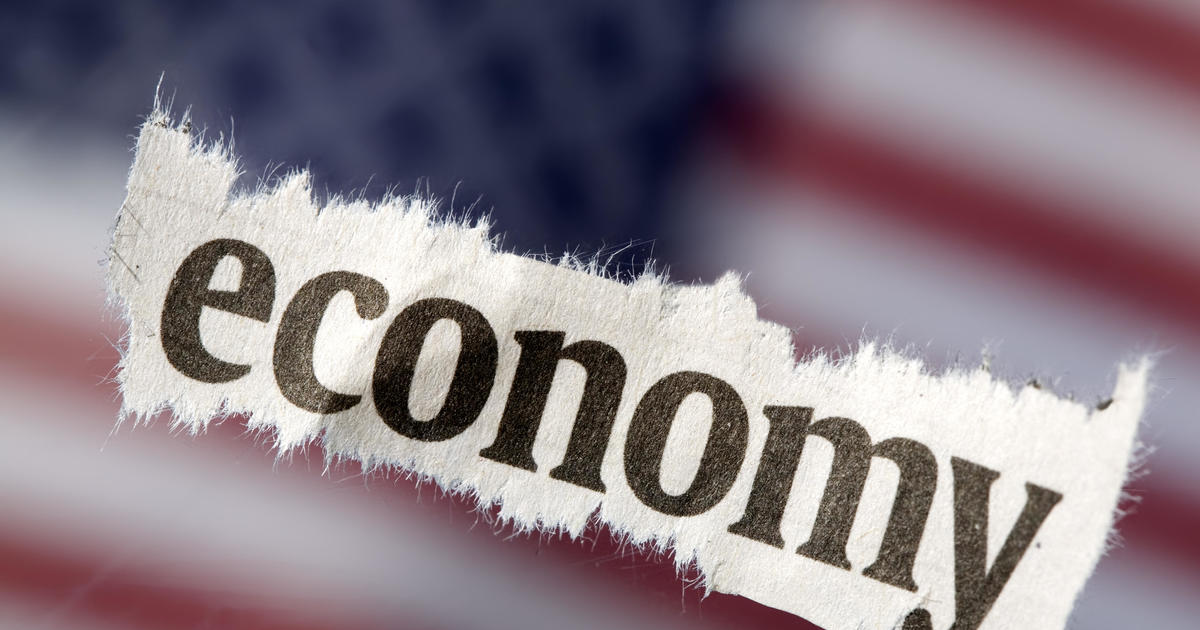As President Donald Trump battles Covid-19, he faces another ill wind that could chill his re-election chances: a cooling economy. Subpar job growth last month is the latest sign that the recovery, boosted by trillions in federal money this summer as the government fought to ward off a recession, is now losing steam.
The slowdown comes just a month before the presidential election. While not necessarily fatal for Mr. Trump — sinking job growth in the second half of 2012 didn’t stop Barack Obama from winning a second term in office — the slowdown is clearly a hindrance given that the president’s re-election effort has been centered on his management of the U.S. economy and that a rebound follows an epic collapse.
Among the signs that economic growth is waning:
- U.S. employers added
just 660,000 jobs
last month. That was down significantly from the nearly 1.5 million growth in employment in August. And it was nearly 150,000 jobs below expectations.Consumer spending rose just 1% in August, far less than the nearly double-digit increases early this summer.Personal income dropped nearly 3% in August, a sign that the end of enhanced federal employment benefits is taking a toll on Americans’ finances.An additional 837,000 individuals
filed for unemployment insurance
last week, down from the previous week, but still nearly triple the number who typically applied for jobless aid before the recession.Manufacturing also slowed in September, with one index of activity from the Institute of Supply Management dropping to its lowest level since November 2018.Overall economic growth, which likely surged in the third quarter, is expected to rise a much more modest 2.5% in the fourth quarter. That’s down from a consensus forecast of 10% just a few weeks ago.
“Job growth is moderating just as fiscal aid is expiring – a toxic cocktail,” wrote Kathy Bostjancic of Oxford Economics in a note to clients on Friday. Bostjancic told CBS MoneyWatch that she expects economic growth to drop significantly in the last three months of the year and that she sees “downside risk” ahead.
State of economy may hurt Trump’s reelection
07:23
While the pace of growth is slowing, most economists don’t expect a so-called double dip — when the economy emerges from a downturn only to quickly slip back into recession.
“All of the indicators are slowing,” said Jared Bernstein, an economist and former top aide to Vice President Joe Biden. “Not saying we are falling back into a recession — I am far more worried that we are downshifting into growth that is a slog and that will do very little to boost the earning standards of people stuck at the low end of the workforce.”
The September jobs report isn’t the last major piece of economic data that will be reported before the election. But the runway to get a lift is getting shorter by the minute. In late October, just days before the election, the government will report gross domestic product for the third quarter. The report is expected to show that GDP grew a robust 35% between July and October as the economy rebounded from its April nadir.
“There is enough internal momentum in the economy for it to continue to grow,” said Vincent Reinhart, a former top Federal Reserve economist and strategist at BNY Mellon. But he predicted that growth will be much slower for the rest of the year.
It seems the road back is likely to be a long one. Reinhart doesn’t expect economic activity to rebound to its pre-pandemic level until the end of next year or early 2022. That could change if Congress were to pass another round of stimulus, but Reinhart sees less motivation for Washington to act so long as the economy is growing.
More stimulus would boost growth, but Reinhart said that had to be weighed against the costs of adding to the country’s growing debt.
“You can call it partisan differences, but you can also call it a different assessment of costs and benefits,” he said. “We are at a point where the trade-offs are a lot harder to assess.”
